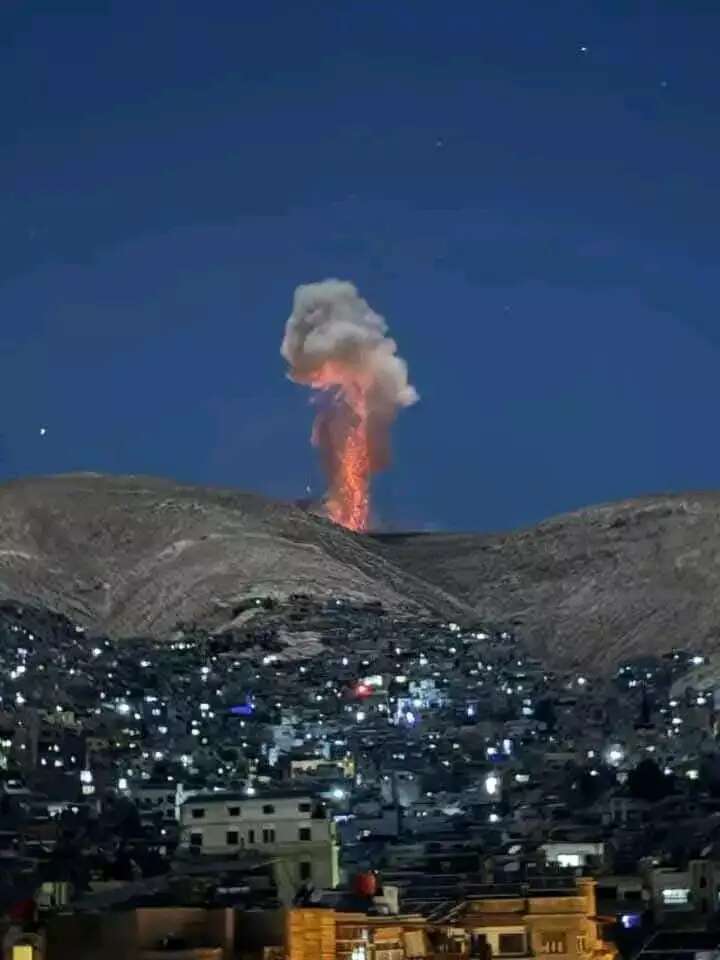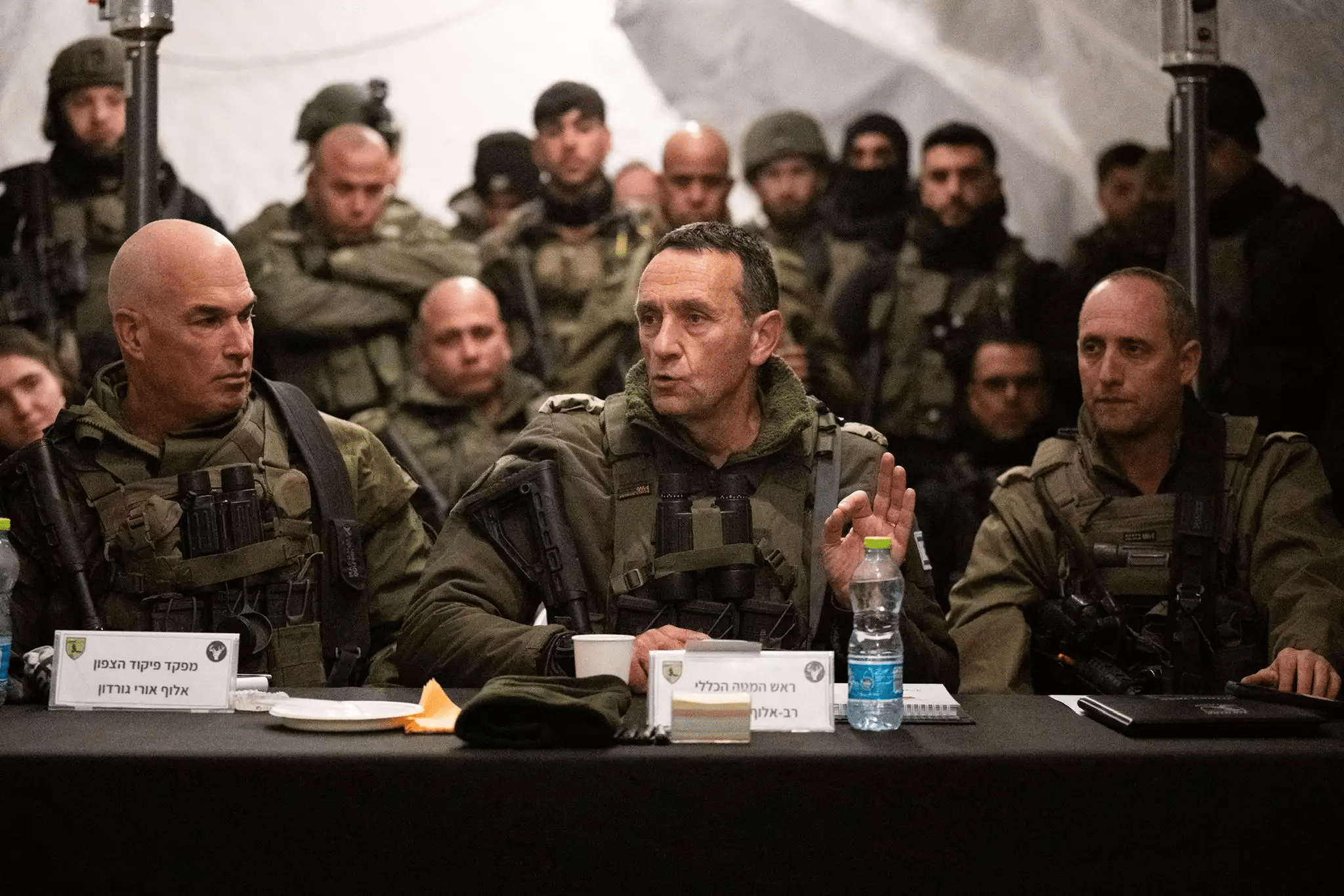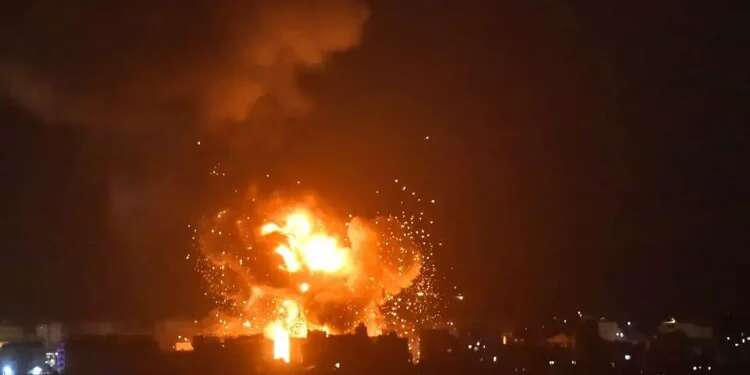Hezbollah leader Naim Qassem admitted on Saturday that the collapse of the Assad regime in Syria disrupted the organization's military supply routes. Despite this, he emphasized that Hezbollah would adapt and find new ways to smuggle weapons into Lebanon.
Qassem explained that Hezbollah had supported the Assad regime because it opposed Israel. He claimed that developments in Syria would not affect Lebanon and expressed hope for Syria's eventual stability, aligning with the desires of its citizens.
"We hope the new ruling authority in Syria will view Israel as an enemy," Qassem said, adding that the Syrian regime had fallen into the hands of new forces whose policies remain uncertain. "We cannot judge them until the situation stabilizes and clear positions emerge. We hope for cooperation between the peoples and governments of Syria and Lebanon."

Qassem also sought to portray Hezbollah as victorious in the northern conflict, despite the organization's failure to halt the war in Gaza. He argued that Israel had not succeeded in eliminating Hezbollah or restoring security to the north without a formal agreement. Furthermore, he claimed Hezbollah had prevented Israel from entering the "new Middle East through Lebanon's gates."
Earlier on Saturday, Syrian rebel leader Abu Mohammad al-Julani accused Israel of exploiting Iranian presence as a pretext for its attacks in Syria. He declared that this justification was no longer valid following Iran's withdrawal from the country.

"There is no excuse for any further intervention in Syria now that the Iranians have left," al-Julani asserted.
Throughout the weekend, Israel continued targeting remnants of Assad's former military arsenal. Arab media reported multiple strikes on military sites, including headquarters, battalion positions, radar installations, weapons depots, and assets belonging to the Syrian Scientific Studies and Research Center, known for developing advanced weaponry.

In response to al-Julani's statements, IDF Chief of Staff Herzi Halevi clarified Israel's stance: "We are not intervening in what is happening in Syria. Our presence here is solely to prevent terrorist organizations from establishing a foothold."




